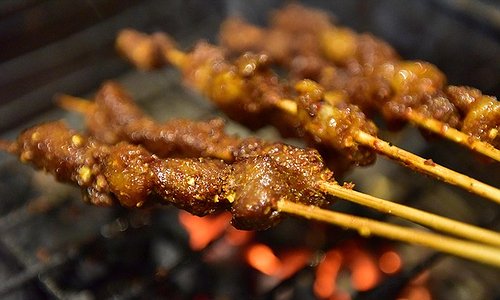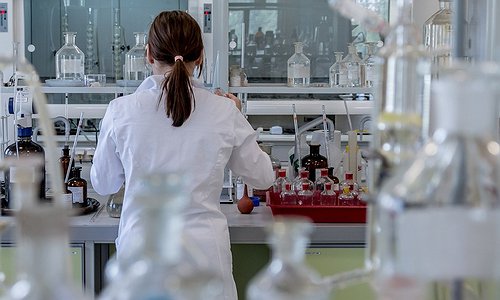Heineken's 100M Euro malt partnership a game changer for SA barley
Informative video: From Barley to Bar.
A shift towards local sourcing
Traditionally, Heineken's South African operations have relied heavily on imported barley, necessitating the shipment of thousands of containers annually. This dependency on imports has been both costly and logistically challenging. The new malting plant, to be situated adjacent to Heineken's Sedibeng Brewery near Johannesburg, aims to change this narrative by sourcing 100% of its barley locally. As Heineken's Managing Director, Jordi Borrut, aptly put it, this initiative means "replacing 4,500 containers of barley coming from abroad for local barley from local farms, making sure that we got a shorter supply chain."
Empowering local farmers
The commitment to local sourcing is set to have a ripple effect across South Africa's agricultural sector. The facility is expected to support over 200 local barley growers, encompassing both commercial and small-scale farmers. By providing a guaranteed market for their produce, this partnership offers farmers the stability and confidence to invest in and expand their operations. To be sure of the production of high-quality barley, Soufflet Malt has been proactive in the region, building long-term partnerships with farmers. Through training, mentoring, and commercial support, the company assists farmers in adopting agronomic best practices, thereby improving yield quality and quantity.
Economic and environmental benefits
Beyond the direct advantages to farmers, the new malting facility is poised to deliver broader economic benefits. With an annual production capacity of nearly 100,000 tonnes, the plant will create 55 full-time jobs, contributing to local employment. The facility's proximity to Heineken's brewery also allows for the transfer of malt via conveyors, reducing both emissions and transportation costs. In terms of sustainability, the plant is designed to be the most technologically advanced malthouse in South Africa, producing 50% fewer emissions than industry averages by utilizing trigeneration and solar energy. This aligns with Heineken's 'Brew a Better World' agenda, which emphasizes sustainable practices and community support.
Strategic alignment and future prospects
This investment also dovetails with Heineken's broader strategic objectives. Following its merger with wine and cider maker Distell, Heineken committed to procuring key inputs from local suppliers, producers, and farmers. The partnership with Soufflet Malt is a tangible manifestation of this commitment, reinforcing the company's dedication to local production and sourcing. Guillaume Couture, President of Soufflet Malt's Europe, Middle East, and Africa division, highlighted the strategic importance of the deal, stating that it would contribute to the long-term prosperity of South Africa.
Final Thoughts
Heineken and Soufflet Malt's €100 million investment in a South African malting facility represents a pivotal shift towards local sourcing, with far-reaching implications for the country's barley farmers and the economy at large. By reducing import dependency, this partnership sets a precedent for how multinational corporations can positively impact local industries and communities. As the facility gears up to commence operations by mid-2027, stakeholders across the value chain are poised to reap the benefits of this landmark initiative.




